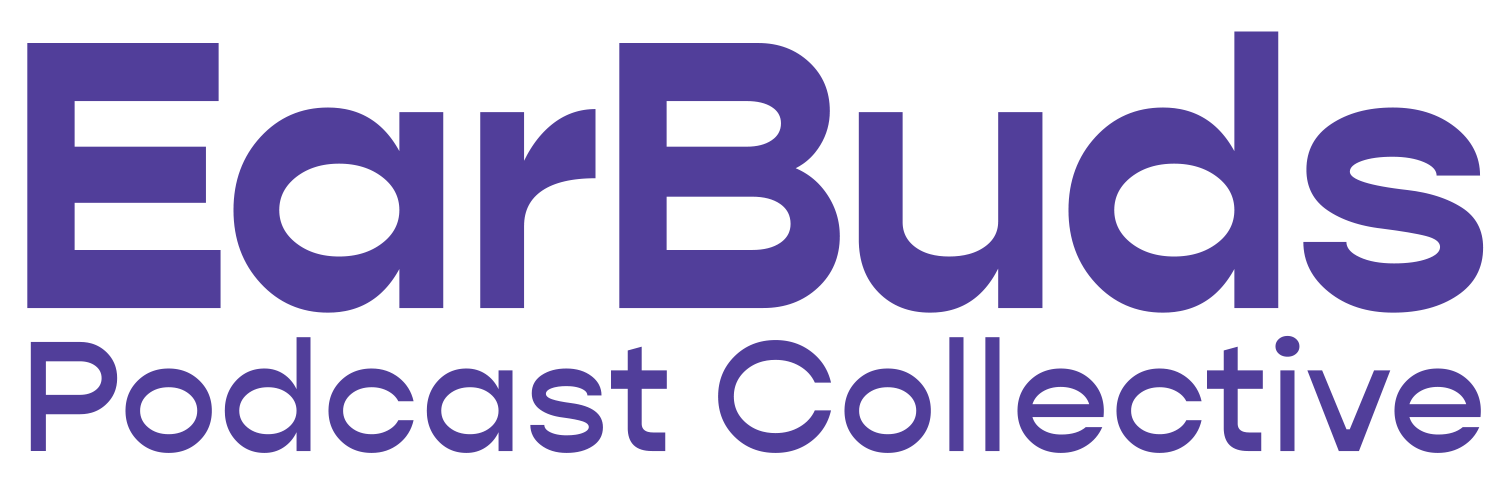Podcast | The Tenant Association: An Interview with Phoenix Tso
Interview by Andreea Coscai, EarBuds Newsletter & Community Coordinator
The Tenant Association, a four-part investigative podcast series from LA Public Press, tells the story of the Hillside Villa tenants and their ongoing fight to keep their homes affordable. With a focus on organizing, eminent domain, and tenant empowerment, the series offers both a gripping narrative and a guide for renters everywhere.
Phoenix Tso, audio producer and a reporter for LA Public Press, has been covering the Hillside Villa story for over two years. She was formerly an associate producer for NPR member station LAist 89.3 and has reported for outlets such as KCRW, NBC, Reuters, and others. Phoenix holds a Master of Science in Journalism from the University of Southern California.
The Tenant Association - podcast cover
Andreea Coscai: What inspired you to create The Tenant Association? Was there a moment when you knew this story needed to be told?
Phoenix Tso: I’ve been covering the Hillside Villa tenants and their fight for years, starting when I was a public radio producer. I’ve learned a lot about their struggle and have gotten to know the tenants and organizers well. So much has happened in their fight that when I started at LA Public Press, it occurred to me that an investigative podcast series was the best way to do their story justice.
Last year, LA Public Press produced Renters Hotline, a tenant advice series. During one episode, a tenant organizer name-dropped Hillside Villa as an example of tenants taking power back from landlords and officials. That was when I realized this story needed to be told in podcast form. I pitched it to the executive producer, and the rest is history.
AC: Can you walk us through your investigative process?
PT: The process began with requesting public records — mainly emails from city departments working with the tenants. With help from the LA Public Press staff, I carefully worded my requests to uncover behind-the-scenes conversations officials wouldn’t disclose.
I also delved into the city’s archives, conducted extensive interviews, and connected historical events to the tenants' current fight. Tracking down documents and conducting interviews with tenants and organizers were critical to piecing together the story. It was truly a collaborative effort.
AC: How did you decide on the structure for the four episodes?
PT: Structuring the series was challenging because so much has happened in this fight. We had to be deliberate about what to include and how to present it.
The first episode focuses on affordability covenants, which are contracts restricting rents on housing built with public money. Hillside Villa tenants were fighting to maintain affordability after their covenant expired — a situation tens of thousands of renters face nationwide.
The second episode dives into how the tenants organized. Inspired by Renters Hotline, we used this episode as a blueprint for tenant organizing. The third explores eminent domain and its complex history in Los Angeles, while the fourth brings listeners up to speed on the latest developments.
Deciding how to end the series was tough because the fight isn’t over. We wanted to leave listeners hopeful yet aware of the ongoing challenges.
Phoenix Tso
AC: With so many compelling characters, how did you choose which tenants’ stories to focus on?
PT: I’ve been reporting on Hillside Villa for years, so I had relationships with many tenants. I also wanted to highlight the leadership of the Spanish-speaking women—the señoras—who’ve been at the forefront of this fight. We brought on Martín Macías Jr., a bilingual producer, to conduct and translate interviews with them.
We prioritized tenants who had been deeply involved in organizing and whose stories represented the broader community’s struggles. Once we decided to focus on the tenants rather than landlords or officials, the selection process became much clearer.
AC: What were some unexpected challenges you faced while producing this podcast?
PT: I underestimated how much work the podcast would take. Every step, from outlining to mixing, required multiple drafts and rounds of feedback. Breaking down complex topics like eminent domain into clear, engaging narratives was especially tough.
Deciding what to cut was also challenging—four episodes weren’t enough to capture everything. Thankfully, the LA Public Press team provided invaluable support, from legal checks to gut-checking scripts to ensure accuracy and impact.
AC: How have the tenants and the community reacted to the podcast?
PT: The response has been overwhelmingly positive. I’ve received texts from people saying they felt engaged throughout all four episodes. Hillside Villa tenants and organizers have told me they appreciate how their story was told. Their feedback means the most to me, and it’s been incredibly gratifying.
AC: What do you hope listeners take away from the Hillside Villa story?
PT: I hope listeners are inspired to organize their own tenant unions. The Tenant Association shows that tenants have immense power when they come together. Episode 2, in particular, serves as a guide for organizing, and we’ve created a digital companion to support that effort.
The Tenant Association is now available wherever you get your podcasts. To learn more and access the digital companion, visit LA Public Press.


